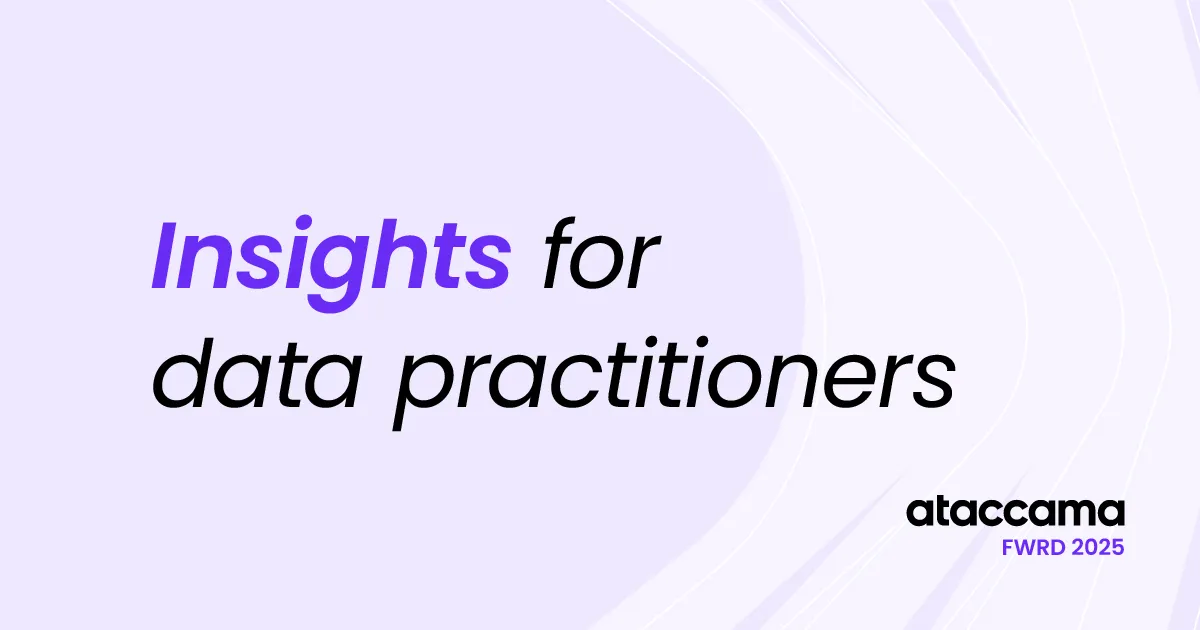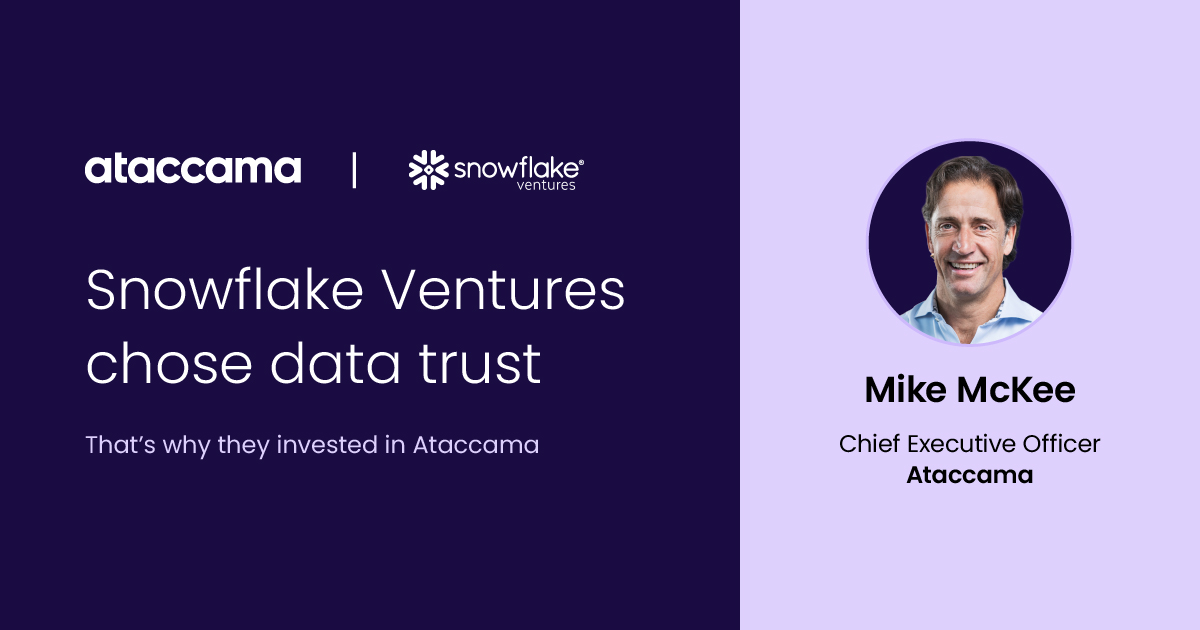Data strategy definition & example
Gartner defines a data strategy as “a highly dynamic process employed to support the acquisition, organization, analysis, and delivery of data in support of business objectives.” It puts data and analytics activities at the center of organizational priorities.
In other words, everything about your company’s work with data can be a part of your data strategy. It is a roadmap for how your company will interact with data, the standards it expects to be upheld, and the company’s expectations and ambitions regarding that data.
If a company needs to bring more consistency to handling data at different locations, it may need to implement a company-wide data strategy.
Like data governance, a data strategy will lay the groundwork for how data management processes should unfold, define roles and responsibilities in the data landscape, and create metrics to determine its success. It also emphasizes having clear short and long-term objectives, universal perspectives, and well-considered goals when it comes to data.
Some say a data strategy is the first step to becoming a more data-mature company. Before thinking about data governance or management, you need to know what your organization wants to achieve with its data and how it plans to get there.
A data strategy can help you consider future trends and how to manage them. It can establish a data-oriented company culture and help manage massive amounts of data essential to the company’s progress.
David Lazar
David is the Head of Digital Marketing at Ataccama, bringing eight years of experience in the data industry, including his time at Instarea, a data monetization company within the Adastra Group. He holds an MSc. from the University of Glasgow and is passionate about technology and helping businesses unlock the full potential of their data.







